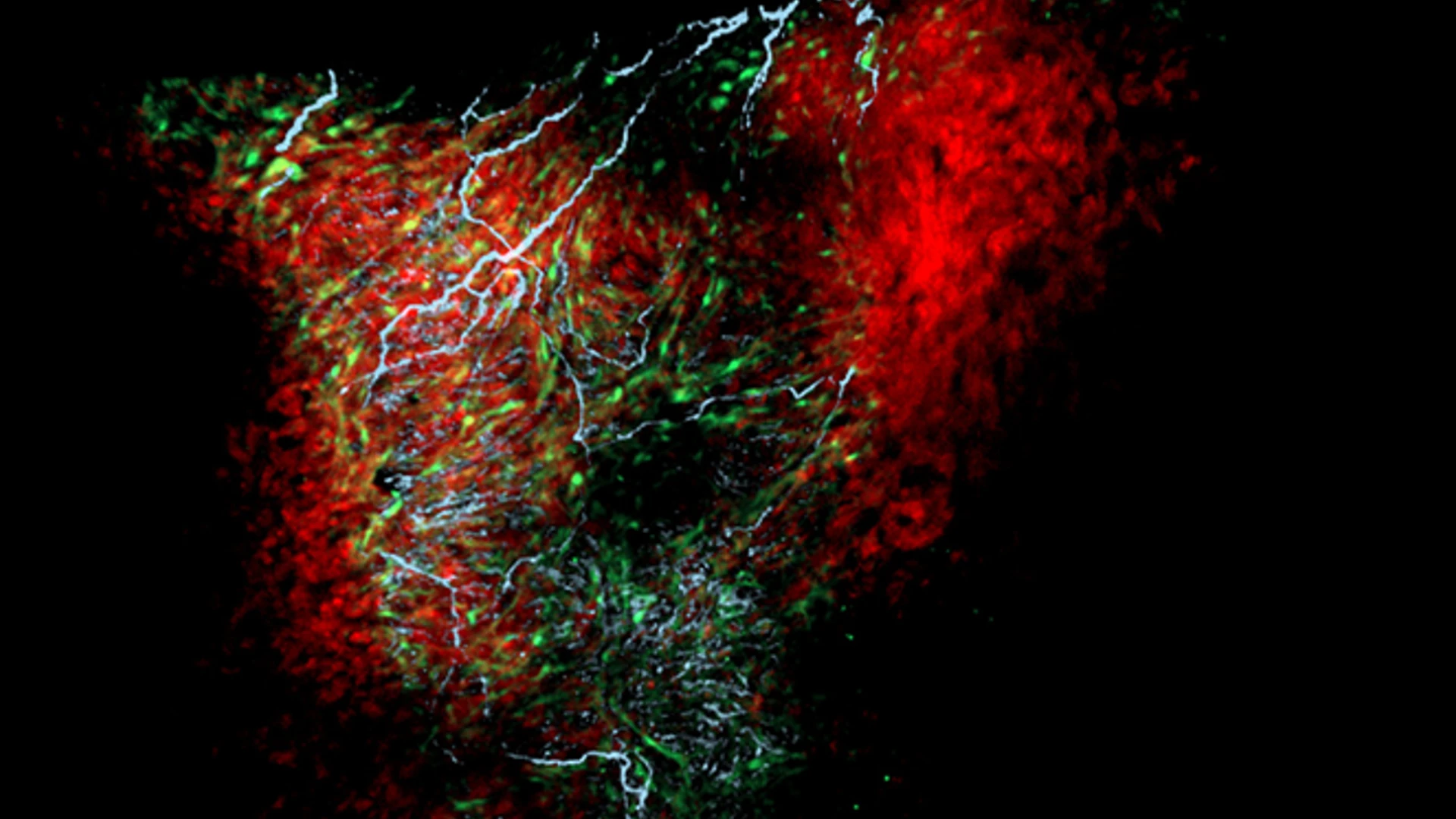Research according to scientists of University of Notre Dame, a new type of cell that may be crucial to the regulation of heart rate could help us understand certain types of heart diseases and congenital defects involving the heart.
In a paper released in the journal PLOS Biology, the researchers have revealed that the new type of cells, which they have named nexus glia, closely resembles a type of cells critical in the brain, called astrocytes.
The researchers discovered that when the cells were removed, the heart began to beat faster, and when a gene that controls the development of nexus glia was deprived, the heart began to beat irregularly.
“For me, the definition of great science is something that you discover that opens up even more questions, and this, I think, is the definition of that,” Cody Smith, lead author of the paper and a researcher at the University of Notre Dame’s Center for Stem Cells and Regenerative Medicine, said in a press release.
Having discovered 100 questions we did not even know existed, we are following them up to explore this path that has never been explored before.”
Despite not finding a definitive link between these cells and congenital heart defects, researchers believe the cells might play a role since they are located in the heart’s outflow tract, where many of these defects are found.
“We don’t completely know the function of these cells, but the concept that if you get rid of them, heart rates increase, could link it to certain disease cases,” Smith added. “I think these glial cells could play a pretty important role in regulating the heart. “This is another example of how studying basic neurobiology can lead to the understanding of many different disorders,” Smith said. “I’m excited about the future.”

